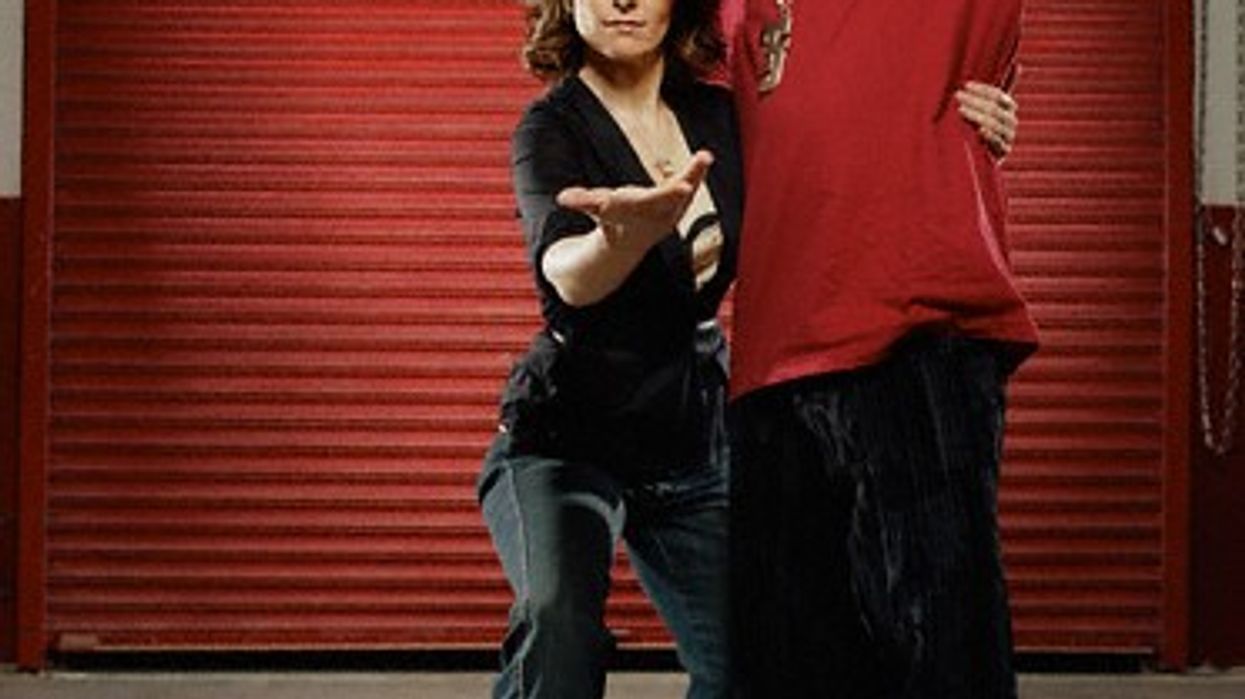Please note: This is the first of a two-part series.
GOOD: If school choice is the wrong way to go, why is it at the center of the current education reform conversation?
DIANE RAVITCH: School choice has become a phenomenon largely because it’s supported by incredibly wealthy and powerful people. We actually have no evidence that school choice improves education for most kids. The best example we have of school choice and how it affects inner city schools is Milwaukee—which has had school choice longer than any school in the United States. It initiated a voucher program in 1990 so it's had vouchers for 20 years and charters for almost 20 years.
There are about 20,000 kids in Milwaukee with vouchers, about 17,000 in charters and about 82,000 are in the regular public schools. So this is a city that has a thriving choice sector—it should be the highest performing city in the country—it’s not. It’s one of the lowest performing cities in the country.
In 2009, Milwaukee decided to participate in the national testing that's carried out by the federal government. It was one of the lowest performing cities in the country and the African-American children in Milwaukee who are the targets of all this school choice are actually performing below African-American children in Mississippi, Louisiana, and Alabama.
The current thinking is we need to get rid of the unions, we need to have performance pay, we need to be able to hire and fire whoever we want for any reason, and we need to use test scores to make judgments about who's good and who's not—and now we have a lot of research that shows that charter schools don't do any better. The CREDO study shows that only one out of six performs better than the neighborhood public school, two out of six do worse and the rest are the same.
G: "Waiting for Superman" suggests that we spend a lot of money on education, while other nations spend far less and subsequently get better results. What are your thoughts?
DR: I think Davis Guggenheim has promoted, created, and made a movie attacking the public sector, attacking unions, attacking teachers, and saying that teachers are solely responsible if kids don't do well in schools—and saying that the answer is privately managed schools and getting rid of unions. But is America spending enough?
I’ve spoken to many audiences of teachers and administrators and I always asks them if there's anyone that has enough resources to do the job. I have yet to have anyone raise their hand and say, "Yes, our classes are the right size and we have enough resources, thank you very much." And if they're teaching in the inner city, they definitely don't.
G: What about those who say it shouldn’t really matter what resources a teacher has access to, they’re still the main factor in student achievement?
DR: It's not that teachers don't matter because they do, but if you talk to people who work around schools, whether it's parents, teachers or even kids, they'll tell you that family matters most. The family is the one that makes decisions—or has a framework around whether kids come to school ready to learn, or not, whether a household has books and magazines, or doesn't, in which the family consists of people with a college education or doesn't, in which there's a vocabulary in the home—all of these things have a huge impact on whether children arrive at school ready to learn.
That doesn't mean poor children are doomed to fail. They're not. It just means the odds are against them. The odds favor the kids with money. And that's why if you look at any test given in the United States starting with the SAT, there's a tight correlation between family income and the scores on the SAT. And that's true of every test because family income impacts children's health, their nutrition, and their ability to be ready for school.
In Monday's installment, Ravitch talks about the connection between poverty and student achievement, the debate over teacher tenure, and her ideas about what could really turn schools around.
Photo courtesy of Jack Miller









